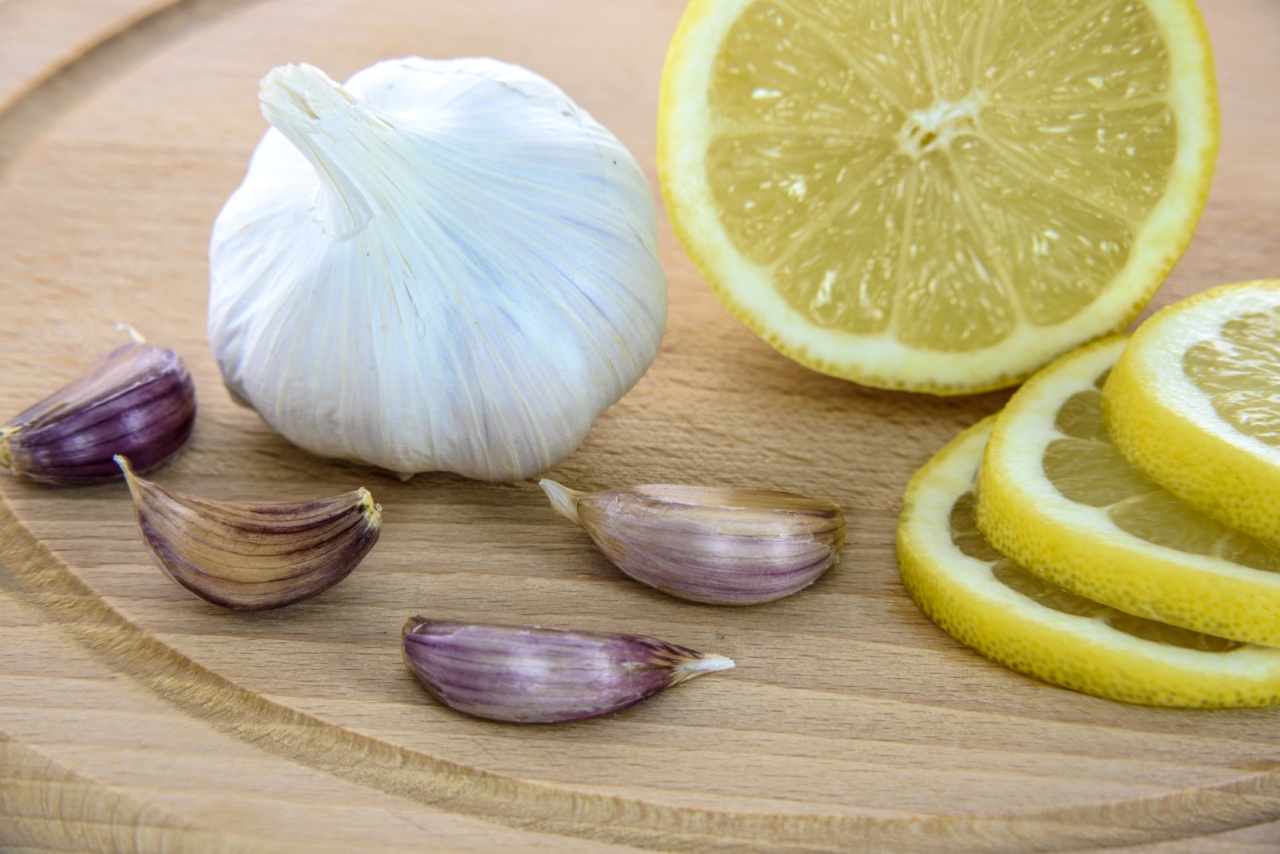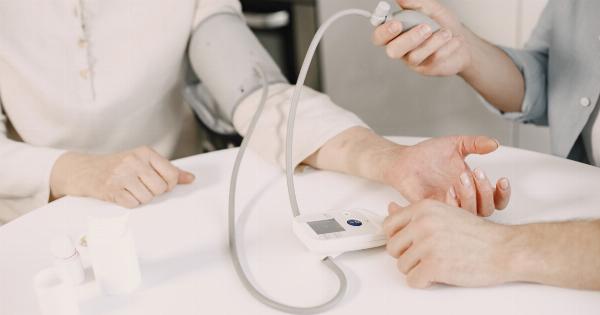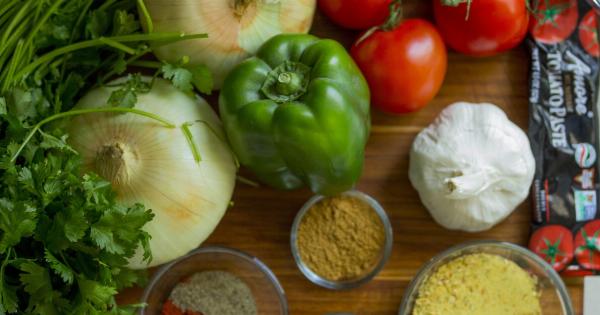Vegetables are a crucial part of a healthy diet, and they are packed with nutrition and fiber. They can provide an array of essential vitamins and minerals that are necessary for good health, and it is important to consume them regularly.
Medications, on the other hand, can help to treat or manage illnesses and overall health. However, when some vegetables are consumed with certain medications, they can cause adverse reactions or even reduce the effectiveness of the medication.
Therefore, it is essential to understand the interactions between vegetables and medications to ensure optimal health outcomes.
1. Grapefruit and Medications Interactions
Grapefruit contains compounds that inhibit the enzymes responsible for metabolism of several medications, such as statins that are used to lower levels of cholesterol.
Therefore, grapefruit can increase the concentration of these medications in the bloodstream, leading to adverse effects such as muscle damage and kidney failure. It is hence important to avoid grapefruit or grapefruit juice consumption when taking some medications.
2. Spinach and Blood Thinners Interactions
Spinach, as a high-iron food, contains large amounts of vitamin K, which is essential for blood clotting. Blood thinners, such as Warfarin, are used to prevent blood clotting.
When consuming spinach or other foods rich in vitamin K, this may interfere with the effectiveness of blood thinning medications and can increase the risk of developing blood clotting complications. It is thus essential to consult with a healthcare provider to ensure that the consumption of vitamin K-rich foods does not interfere with the medication.
3. Potassium-Rich Vegetables and ACE Inhibitors Interactions
Some vegetables, like potatoes and spinach, are rich in potassium, which is important for body functions such as controlling blood pressure and fluid balance.
However, ACE inhibitors for high blood pressure can also affect the potassium balance in the bloodstream. Therefore, when taken together, the effect of ACE inhibitors can become more potent due to the increase in potassium levels.
It is critical to ensure potassium intake is monitored together with the use of an ACE inhibitor medication to avoid health complications.
4. Leafy Vegetables and Thyroid Hormones Interactions
Cruciferous vegetables such as broccoli, kale and cabbage contain compounds known as goitrogens, which can interfere with the production of thyroid hormones.
Thyroid hormones are responsible for regulating the growth, development, and metabolism of the body. Overconsumption of these vegetables can lead to the underproduction of thyroid hormones and thyroid enlargement or goiter.
Individuals with thyroid disorder medication, and those that have low thyroid function should be cautious of the consumption of these vegetables.
5. Root Vegetables and Diabetic Medication Interactions
Sweet potatoes and yams, two of the most common root vegetables, are rich in fiber and carbohydrates. They can provide essential nutrients to the body, and they are also recommended for diabetic individuals.
However, they contain high levels of beta-carotene that can inhibit the absorption of diabetic medications. It is important, therefore, to consult with a healthcare provider to ensure that adequate blood glucose levels are maintained when consuming root vegetables.
6. Tomatoes and Antidepressants Interactions
Tomatoes contain tyramine, which can interact with the effects of antidepressants known as monoamine oxidase inhibitors (MAOIs). High levels of tyramine can cause a sudden and rapid increase in blood pressure known as a hypertensive crisis.
It is therefore crucial to limit tomato intake and other tyramine-rich foods when using antidepressants to avoid adverse events.
7. Fruits and Statins Interactions
Some fruits, like apples, cherries, and grapes contain large amounts of pectin that can interfere with the metabolism of certain statin medications.
Pectin can cause the medication to remain in the bloodstream leading to increased risks of adverse effects like liver damage. Reducing the consumption of these fruits or reducing the intake of prescribed statin medication to align with changes in diet can be a recommended solution to reduce such risks.
8. Broccoli and Blood Thinners Interactions
Broccoli is a vegetable that is rich in different nutrients like vitamin K which is necessary for blood clotting. However, the vitamin K in broccoli can interfere with the effectiveness of blood thinners such as Warfarin.
It is therefore essential to monitor or limit the intake of broccoli or related vitamin K-rich vegetables and consult with a healthcare provider to avoid any harmful adverse effects.
9. Beetroot and Blood Pressure Medications Interactions
Beetroot is a root vegetable containing high amounts of nitrates, which are important for blood pressure regulation.
Beetroot consumption can enhance the effect of blood pressure-lowering medications, leading to risks of low blood pressure levels with adverse effects like dizziness, nausea, and blurred vision. It is crucial to monitor blood pressure levels and follow medical guidance when incorporating beetroot into the diet together with blood pressure-lowering medications.
10. Leafy Green Vegetables and Blood-Thinning Medications Interactions
Kale and other leafy vegetables contain high amounts of vitamin K, which helps in maintaining the coagulation of blood. Blood-thinning medications, like Warfarin and Clopidogrel, are often used to prevent blood clotting and strokes.
However, the high levels of Vitamin K in these vegetables can inhibit the effectiveness of these blood thinners, increasing the risks of blood clotting complications. It is essential to limit or monitor the intake of these foods when using blood-thinning medications and consult with a healthcare provider to harmonize the consumption of these vegetables and medications.
Conclusion
Vegetables are an essential part of a healthy diet, providing an array of valuable nutrients that aid in promoting good health.
However, the consumption of some vegetables can interact with the effectiveness of some medications leading to adverse effects. It is critical to monitor and regulate the consumption of these vegetables, ensuring that healthcare providers are apprised of the potential risks.
Consulting healthcare providers on dietary intake and medications is essential for optimal health outcomes.






























